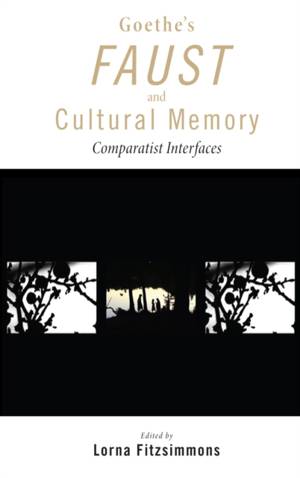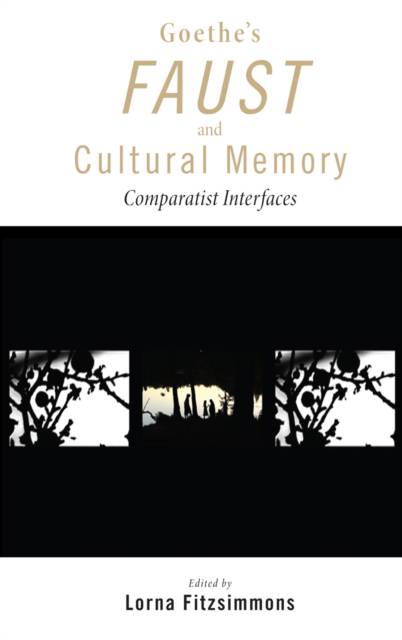
- Afhalen na 1 uur in een winkel met voorraad
- Gratis thuislevering in België vanaf € 30
- Ruim aanbod met 7 miljoen producten
- Afhalen na 1 uur in een winkel met voorraad
- Gratis thuislevering in België vanaf € 30
- Ruim aanbod met 7 miljoen producten
Zoeken
€ 195,45
+ 390 punten
Omschrijving
This book is an interdisciplinary collection of essays examining Goethe's Faust and its derivatives in European, North American, and South American cultural contexts. It takes both a canonic and archival approach to Faust in studies of adaptations, performances, appropriations, sources, and the translation of the drama contextualized within cultural environments ranging from Gnosticism to artificial intelligence. Lorna Fitzsimmons' introduction sets this scholarship within a critical framework that draws together work on intertextuality and memory. Alan Corkhill looks at the ways in which the authority of the word is critiqued in Faust and Marlowe's Dr. Faustus. Robert E. Norton revisits the question of Herder as Faust and the early twentieth-century context in which the claim resonated. J. M. van der Laan explores the symbolic possibilities of the mysterious Eternal-Feminine. Frederick Burwick examines Coleridge's critique of Goethe's Faust and his own plans for a Faustian tale on Michael Scott. Andrew Bush demonstrates how Estanislao del Campo's poem "Fausto" retells Gounod's opera in the sociolect of Argentine gauchos. David G. John examines complete productions of Goethe's Faust by Peter Stein and the Goetheanum. Jörg Esleben surveys contemporary Canadian interplay with Goethe's Faust. Susanne Ledanff discusses the significance of Goethe's Faust for Werner Fritsch's avant-garde "Theater of the Now." Bruce J. MacLennan examines Faust from the perspective of a researcher in several Faustian technologies: artificial intelligence, autonomous robotics, artificial life, and artificial morphogenesis.
Specificaties
Betrokkenen
- Auteur(s):
- Uitgeverij:
Inhoud
- Aantal bladzijden:
- 230
- Taal:
- Engels
Eigenschappen
- Productcode (EAN):
- 9781611461220
- Verschijningsdatum:
- 17/08/2012
- Uitvoering:
- Hardcover
- Formaat:
- Genaaid
- Afmetingen:
- 152 mm x 231 mm
- Gewicht:
- 476 g

Alleen bij Standaard Boekhandel
+ 390 punten op je klantenkaart van Standaard Boekhandel
Beoordelingen
We publiceren alleen reviews die voldoen aan de voorwaarden voor reviews. Bekijk onze voorwaarden voor reviews.








